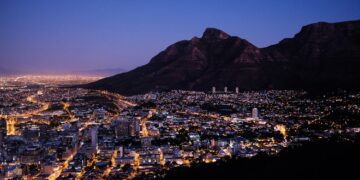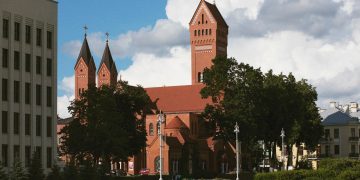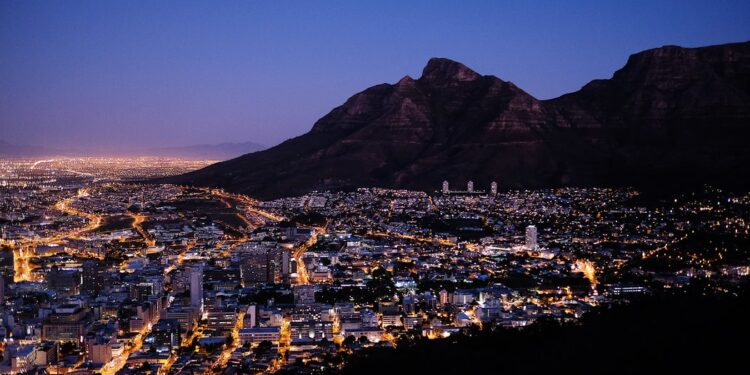Africa has made remarkable progress in recent years, a phenomenon popularly known as “Africa rising”, but in the short-term the continent faces a demographic bomb as more young people enter into the work force then it can possibly provide jobs. This together with climate change disasters and vulnerabilities which risks the long-term sustainability of Africa’s economic development.
By 2030, it is expected that 6 of the world’s 41 megacities will be African and the African Economic Outlook 2016 predicts that Africa could see its slum population triple by 2050. The infrastructures in the African cities, with some exceptions, like the planning of smart cities in countries as Rwanda, Kenya, or Ghana, is largely not yet ready to respond to the transformation the continent is seeing.
Yet, local governance often concentrates on construction without focusing first on sustainable transportation and decent housing. For megacities this will mean many problems in the near future, from sewages to pollution, from transportation to communication. Therefore, for its development, besides energy supply and industrialization, Africa will need urbanizations that are sustainable, adapt to businesses, and at the same time able to give a decent living to the people, while typical urban resident in Africa still lives in a slum or an informal settlement, and lacks access to basic services.
The international community is not yet well aware of this urgent need. There is not a real support yet by Europe for example, the continent that colonized Africa in the last centuries for its interests and that now is still sleeping at economic level, with few projects of development, even if is present at security level with its military operations. But as the security-development nexus explains, there is no security without development, the two legs go together to make the continent walk towards its future. China in this sense is awakening and concentrating on Africa, building infrastructure on the continent. As are Arab countries like UAE. But there are also some European countries that are investing for development with different goals.
There are in particular some Italian projects worth noting. I am currently in Ethiopia where Webuild, former Salini Impregilo construction firm, is building a gigantic and fundamental project for the future of the Horn of Africa: the GERD, the Grand Ethiopian Renaissance Dam. The primary purpose of the dam is electricity production to relieve Ethiopia’s energy shortage and for export to neighboring countries. The dam will be the largest hydroelectric power plant in Africa when completed. Filling the reservoir began in 2020 and will take few years, depending on hydrologic conditions and agreements reached between Ethiopia, Sudan, and Egypt.
These infrastructures show how Italy could, with excellences such as Webuild, but also together with the European Union for supporting good governance and urban planning, help build smart cities in Africa, given the urgency of the situation, and much more efficient than what China does, given the fact that China is interested mostly in expanding its market and economic growth, even if making African countries dependent on her loans and at risk of default or building things inefficiently (the railway infrastructure between Addis Ababa and Djibouti is an example of it, with few trains arriving very far from the cities and so not accessible or useful to the populations). There are also some examples that could be taken as model for Africa, like the smart cities which are currently built in the Gulf, where there are various projects including NEOM-The Line, the city in Saudi Arabia made by a line of 170 KM of small urban communities connected by fast and sustainable transport. But in Africa there are problems at government level, with incapacities to make real efficient urban planning, with an endemic corruption that together with the foreign attempt of easy gains make the rest, now that investments in this sector are at an all-time high. In Addis Abeba for example different Chinese and Emirates companies are transforming the city in a “jungle of concrete” with a fast real estate speculation that are useless as often left empty because people cannot afford them. And there is instead a lack of investment in infrastructures, transportation in particular, making the diplomatic capital of Africa (being the HQ of African Union) impossible to cross in decent time.
Hopefully, smart working will arrive soon in Africa, making city transportation less needed, but the path towards this doesn’t seem there yet. So, could Africa be able to pull the strings and make a future sustainable urbanization for the benefits of its population that will be almost half of humanity by the end of the century? Future will say but decisions by bold visionary leaders need to be taken fast as constructions need decades to be realized. The first problem therefore is to elect, where possible, such type of leaders.
































































